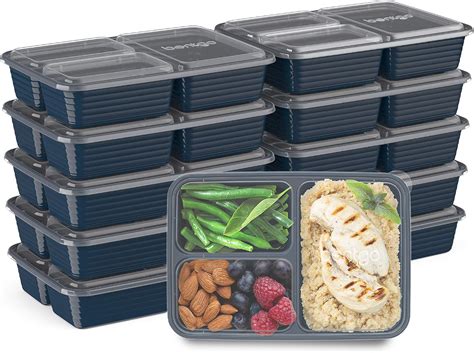Conquering the Afternoon Slump: Fueling for Peak Performance
For many men, the quest for sustained energy and unwavering mental clarity throughout the day feels like an uphill battle, often culminating in the dreaded afternoon crash. This slump isn’t inevitable; it’s often a signal that your body’s fuel delivery system needs an overhaul. Optimizing your daily nutrition can transform your energy landscape, keeping you sharp, focused, and productive from morning coffee to evening wind-down.
Understanding the Energy Rollercoaster
The primary culprit behind energy crashes is often unstable blood sugar. When you consume refined carbohydrates or sugary foods, your blood sugar spikes rapidly, prompting a rush of insulin. This overcorrection can lead to a subsequent dip, leaving you feeling lethargic, irritable, and foggy-headed. The key to sustained energy lies in maintaining a steady blood sugar level through strategic food choices.
The Foundational Pillars of Sustained Energy
1. Prioritize Protein at Every Meal
Protein is the cornerstone of sustained energy. It slows down digestion, keeps you feeling fuller for longer, and helps stabilize blood sugar. Aim for a significant protein source with breakfast, lunch, and dinner. Good options include lean meats, fish, eggs, Greek yogurt, legumes, and nuts.
![Why It Matters: Branding | Principles of Marketing [Deprecated]](/images/aHR0cHM6Ly90czIubW0uYmluZy5uZXQvdGg/aWQ9T0lQLnlBUUVmVTFoX0pzMElGcF9kV2pGcXdIYUZCJnBpZD0xNS4x.webp)
2. Embrace Complex Carbohydrates and Fiber
Not all carbs are created equal. Opt for complex carbohydrates rich in fiber, which are digested slowly, providing a gradual and steady release of glucose into your bloodstream. Think whole grains like oats, quinoa, brown rice, whole-wheat bread, and an abundance of fruits and vegetables.
3. Don’t Fear Healthy Fats
Healthy fats are crucial for satiety, hormone production, and brain health. They also contribute to slowing digestion, further aiding in blood sugar stabilization. Incorporate sources like avocados, nuts, seeds, olive oil, and fatty fish (salmon, mackerel) into your diet.
Strategic Timing & Hydration for Optimal Fuel
Consistent Meal Timing
Skipping meals, especially breakfast, can set you up for an energy deficit and subsequent overeating later. Aim for regular meals and smart snacks every 3-4 hours to keep your metabolism humming and blood sugar stable. Breakfast is particularly critical as it breaks your overnight fast and kickstarts your energy for the day.
Hydration is Non-Negotiable
Even mild dehydration can significantly impact energy levels, mood, and cognitive function. Make water your primary beverage. Keep a water bottle handy and sip throughout the day. Herbal teas or infused water can also contribute to your daily fluid intake.

Micronutrients for Mental Acuity
While macronutrients (protein, carbs, fats) provide the bulk of your energy, micronutrients play a critical supporting role. Key vitamins and minerals essential for energy and brain function include:
- B Vitamins: Essential for converting food into energy. Found in whole grains, meat, eggs, and leafy greens.
- Omega-3 Fatty Acids: Crucial for brain health, mood, and reducing inflammation. Rich in fatty fish, flaxseeds, and walnuts.
- Magnesium: Involved in over 300 enzymatic reactions, including energy production and nerve function. Found in dark leafy greens, nuts, seeds, and whole grains.
- Iron: Essential for oxygen transport, deficiency leads to fatigue. Red meat, lentils, spinach are good sources.

Practical Tips for Daily Optimization
- Meal Prep: Dedicate time to prepare healthy meals and snacks in advance. This prevents impulsive, unhealthy choices when hunger strikes.
- Smart Snacking: Choose snacks that combine protein and fiber, like an apple with nut butter, Greek yogurt with berries, or a handful of almonds.
- Limit Sugary Drinks and Processed Foods: These are notorious for causing blood sugar spikes and subsequent crashes. Opt for whole, unprocessed foods whenever possible.
- Mindful Eating: Pay attention to your body’s hunger and fullness cues. Eating slowly and mindfully can improve digestion and prevent overeating.

Conclusion: A Sustainable Path to Peak Performance
Optimizing your daily fuel isn’t about restrictive diets; it’s about making conscious, consistent choices that support your body’s natural energy production and cognitive function. By focusing on whole foods, balancing macronutrients, staying hydrated, and timing your meals strategically, men can effectively sidestep the afternoon slump. This holistic approach to nutrition not only sustains physical energy but also sharpens mental clarity, empowering you to perform at your best, every single day.





